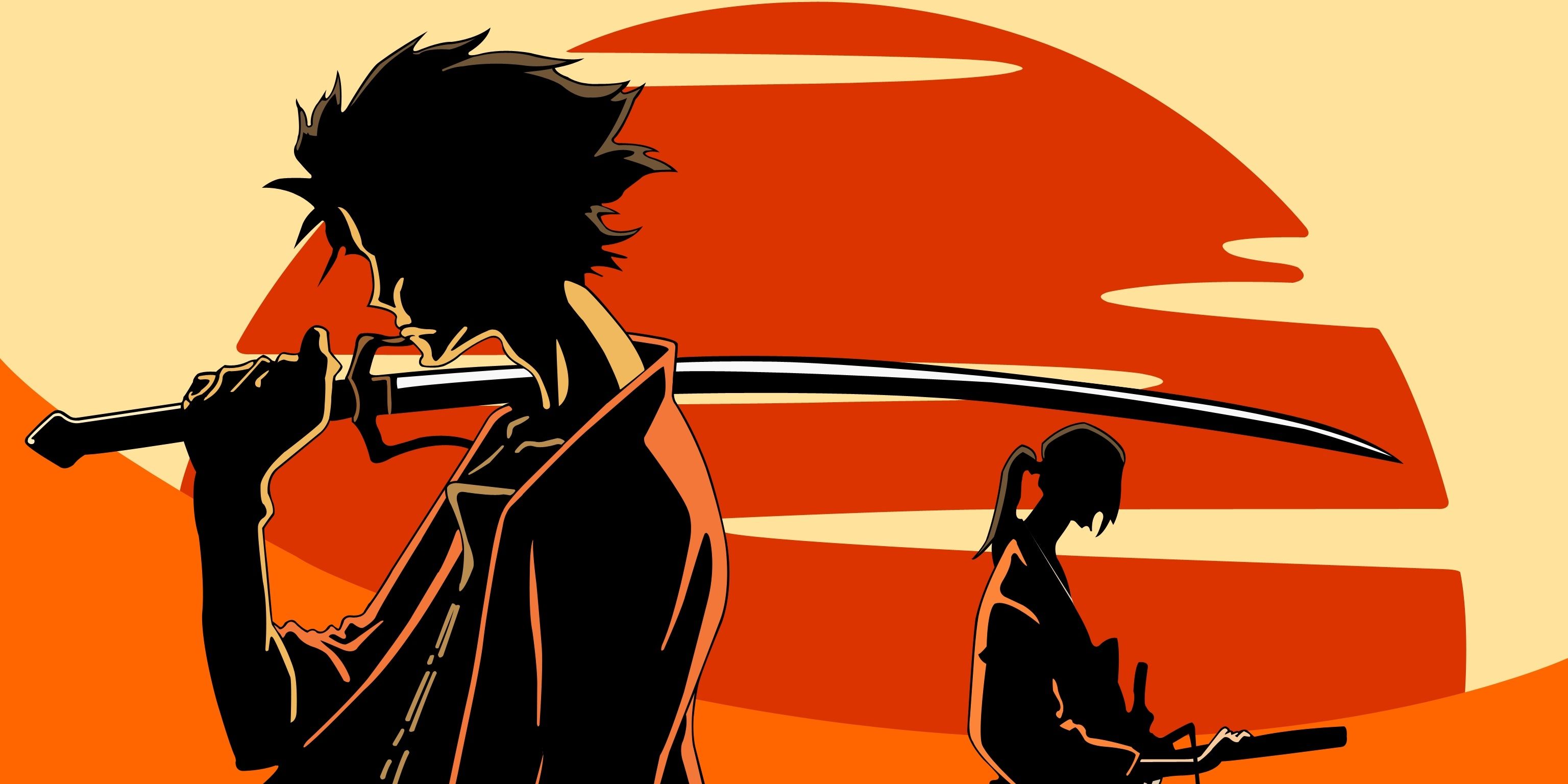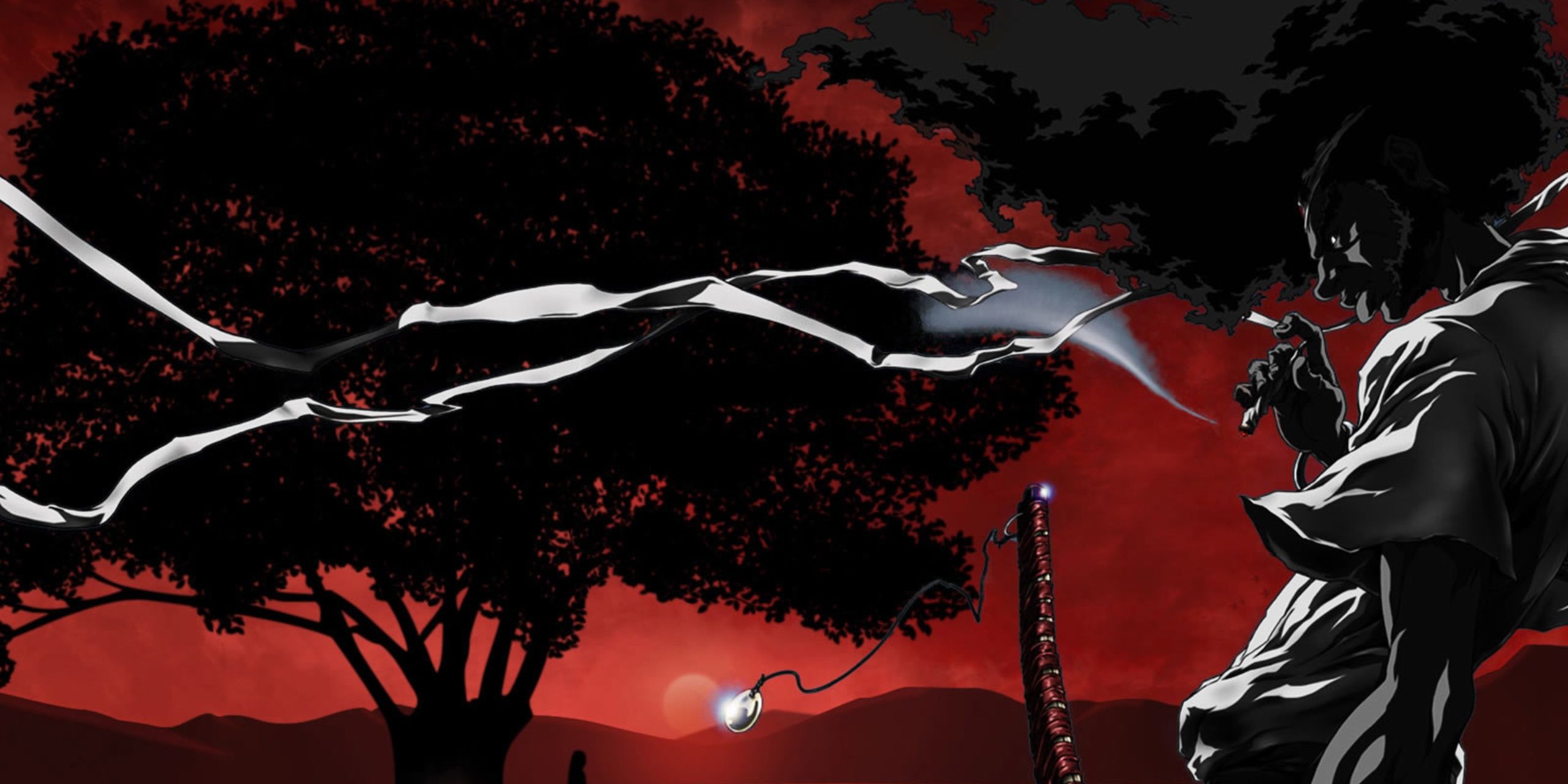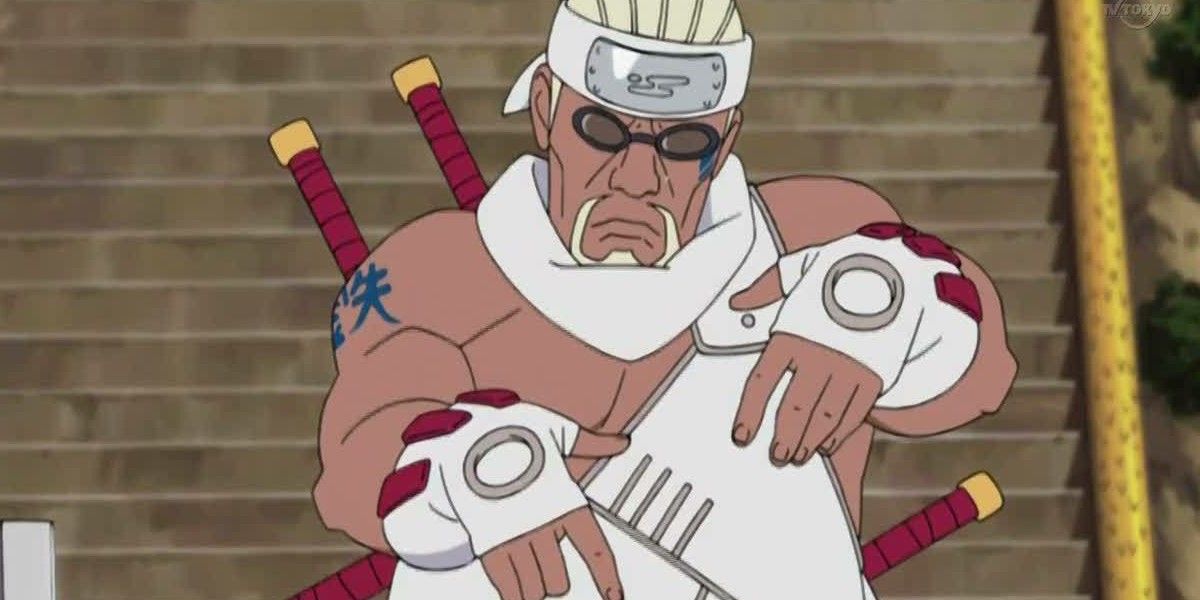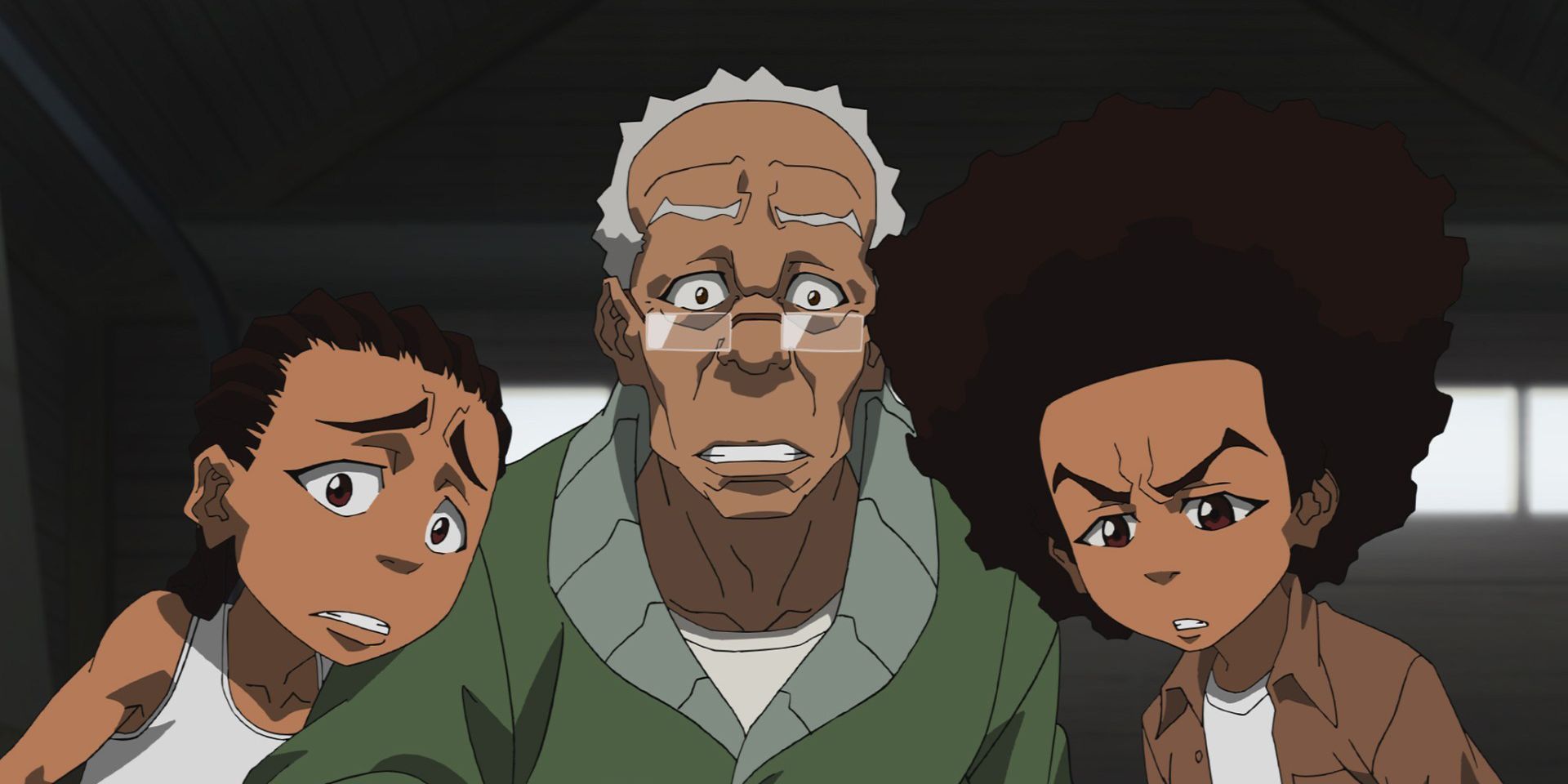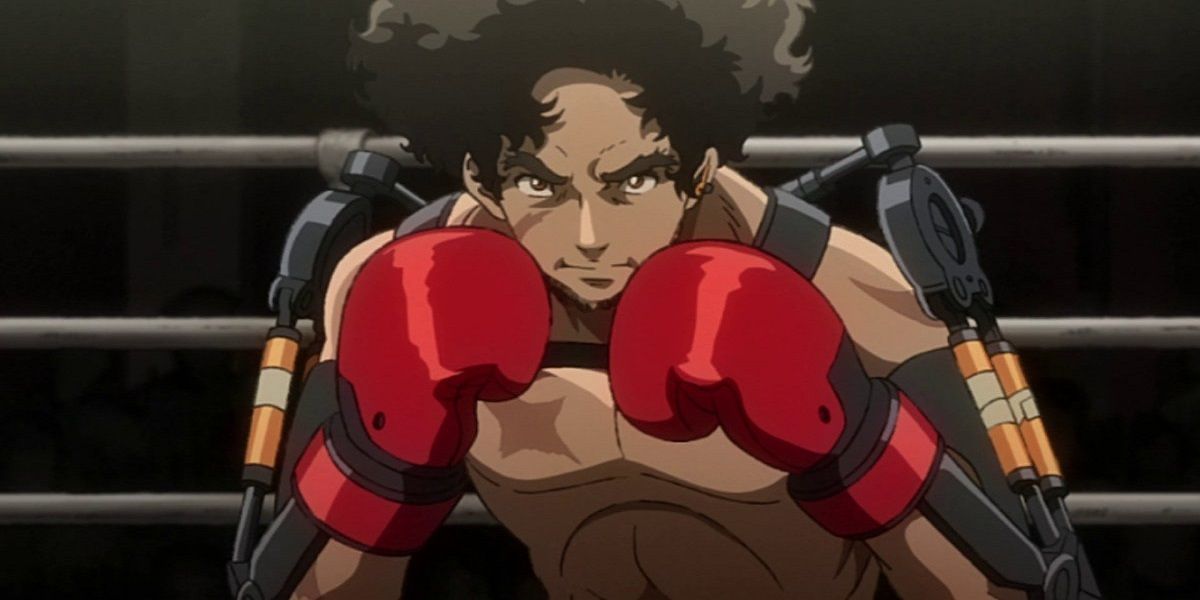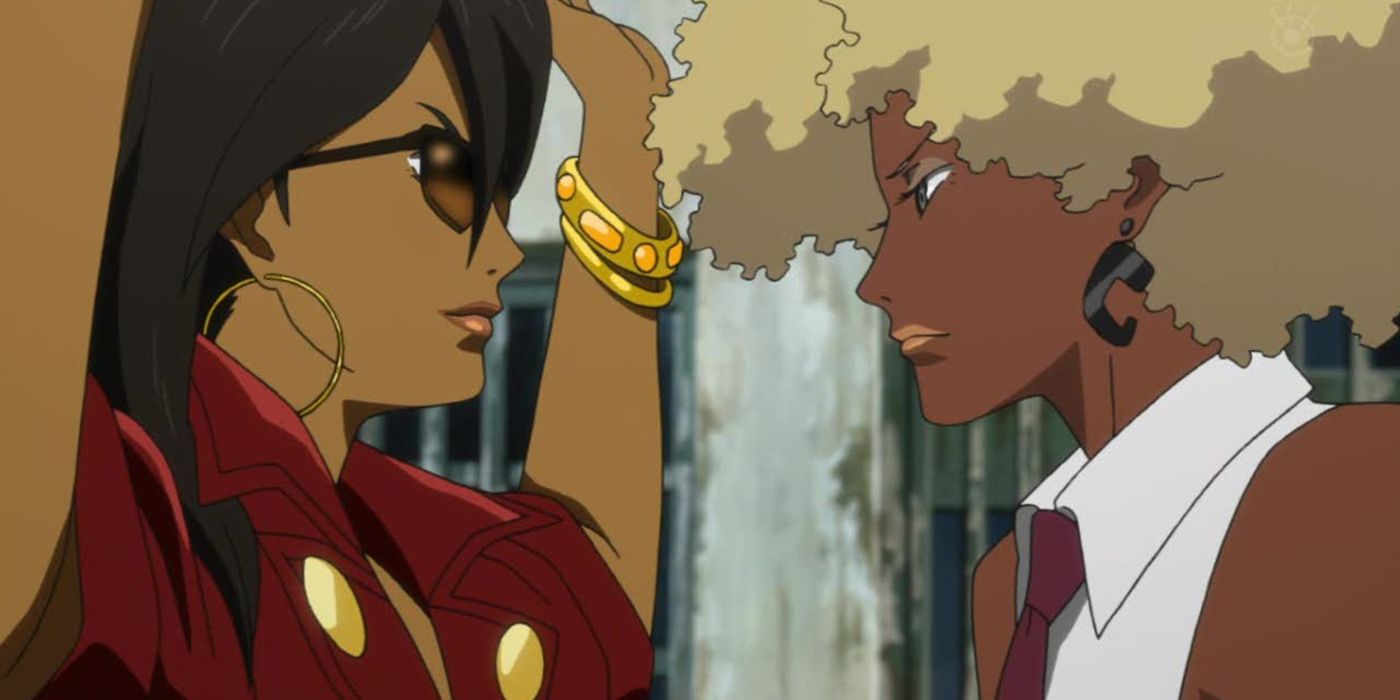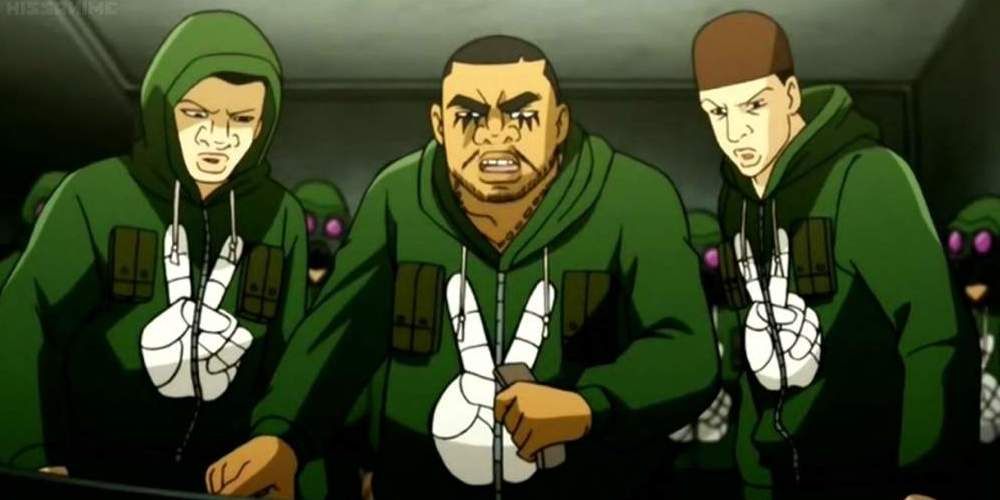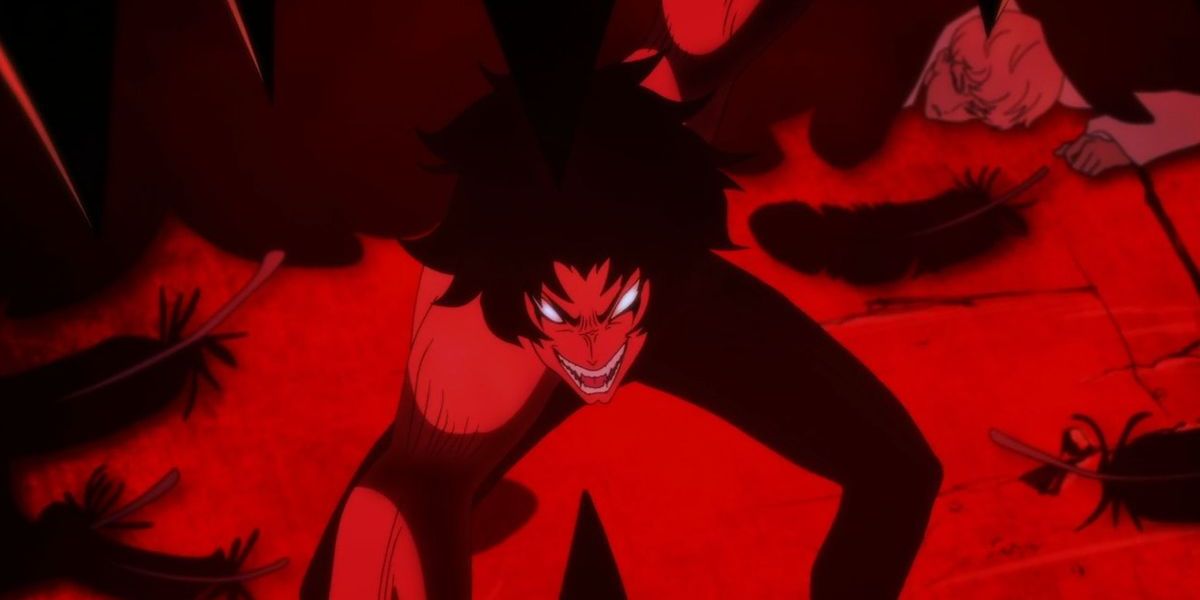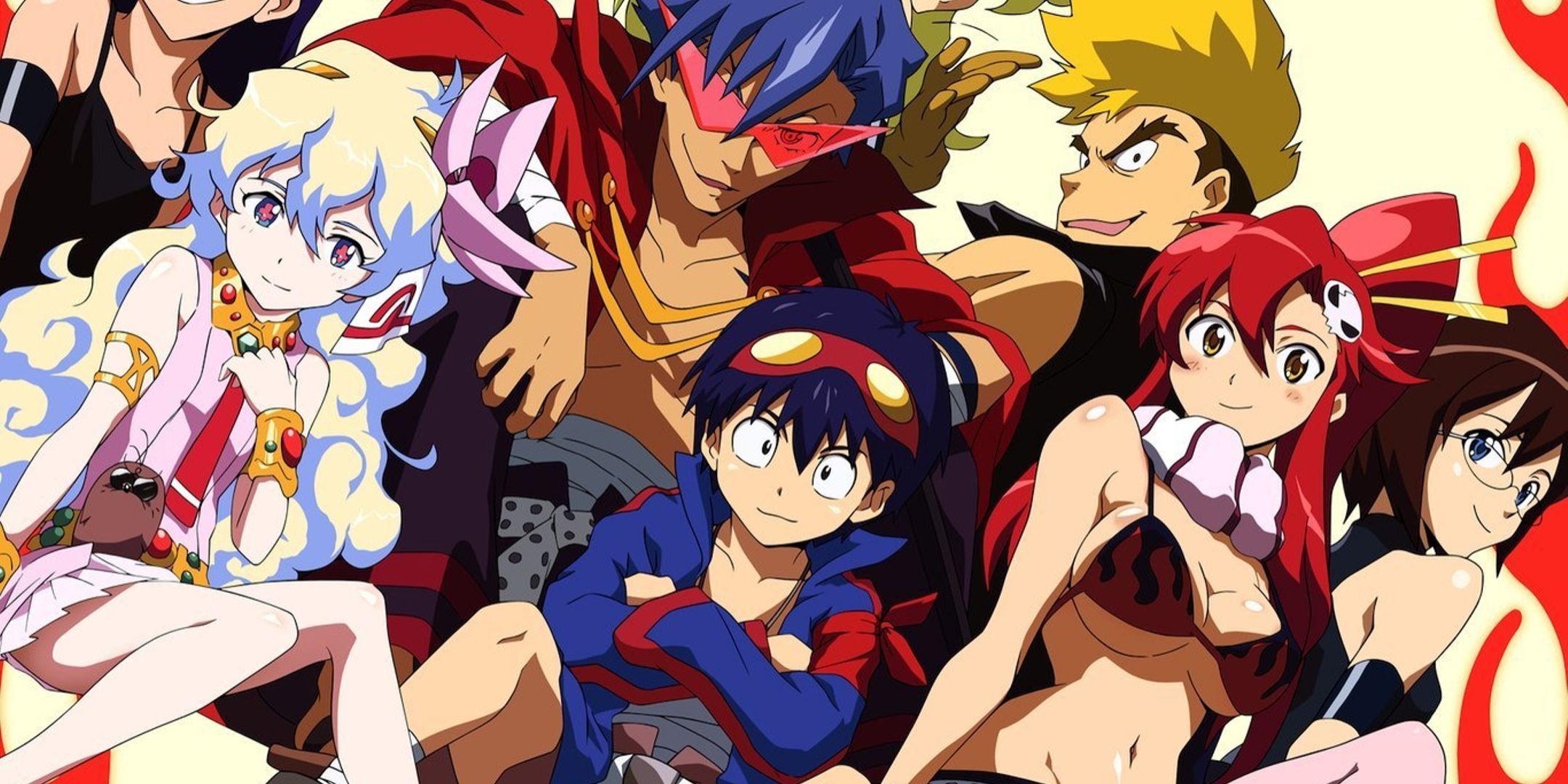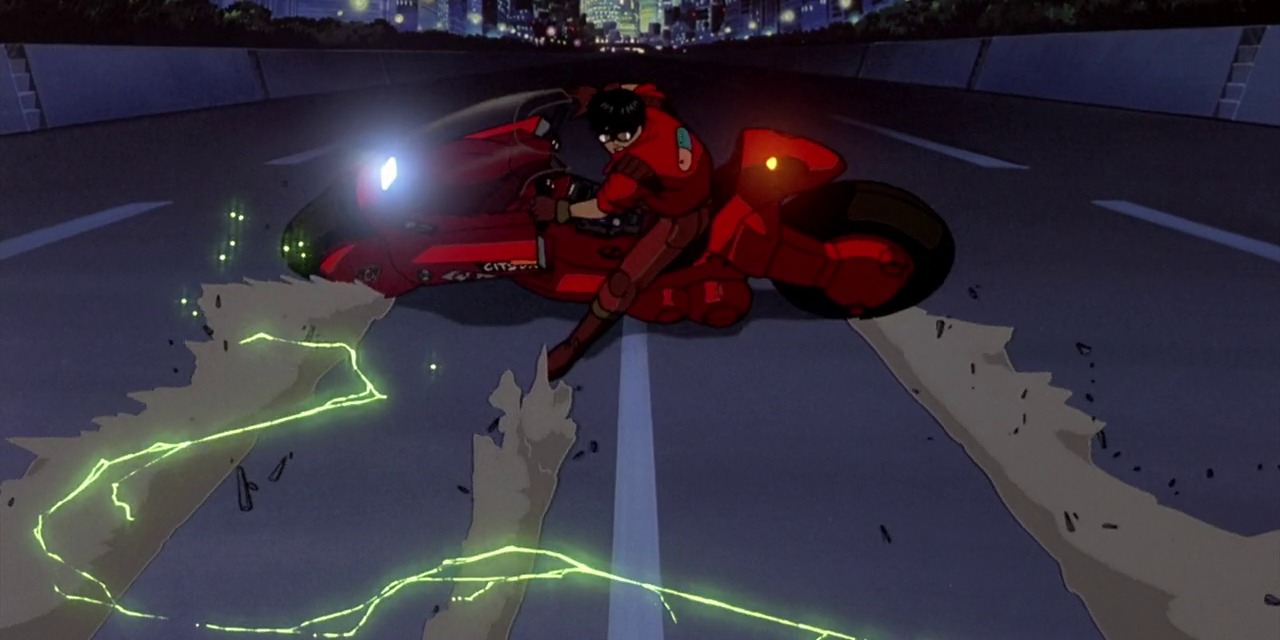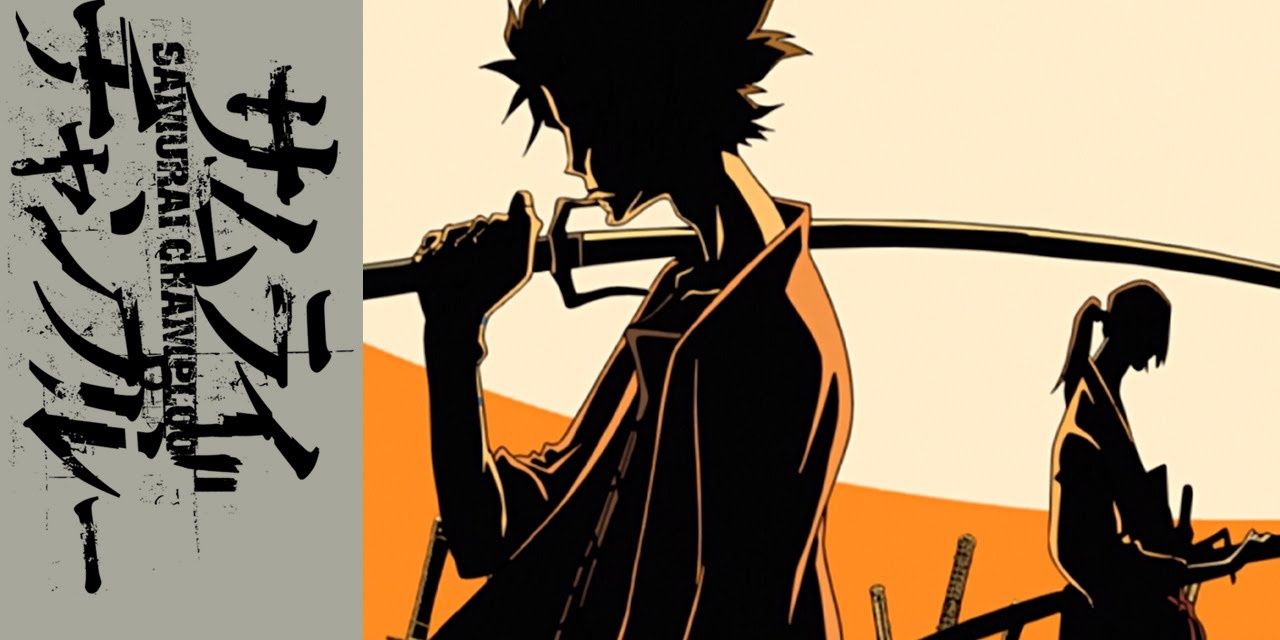Since its inception, hip-hop has been an enduring fixture throughout popular culture. With its shifting breakbeats, and harsh, gritty rhythms, it's grown to become more of a lifestyle or experience, rather than a sound or style of music. It's a community, almost a religion of sorts, comprised of anything from DJing, rapping, and MCing to breakdancing, and graffiti writing.
Its influence can be seen and felt in other genres of music and films; it's a global sensation that has captivated the entire planet. And in no other culture is its impact more present than Japan, from its fashion to its music, and yes, even its anime; it has nearly become an obsession. In this list, we take a look at 10 instances of the impact of rap culture in the land of the rising sun, and how Japan managed to preserve and spread hip-hops influence through anime.
10 Afro Samurai
Afro Samurai is the story of a black man raised in a martial arts dojo, who, after witnessing his father's assassination, sets out on a quest for revenge. It's a violent and gory narrative that masterfully examines the concept of racial identity, and the human struggle honor and liberation.
Afro Samurai is a love letter of Shakespearean proportions to the hip-hop and anime communities throughout the world. From studio Gonzo with voice work from Samuel L. Jackson and the musical stylings of RZA from the Wu-Tang Clan, what you get from this anime is a tour de force of stylized animation, storytelling, and sound that culminates into a cross-fertilization of Afro-Asian brilliance.
9 Killer Bee
If you're looking for examples of hip-hop's influence on anime then you won't have to look much further than Naruto. While the series has nothing to do with music or hip-hop, the creators managed to pay their sincerest respects to the beloved genre through the role of one character.
Killer Bee is a major character of the series and the 8th Jinchuuriki, a human with a tailed beast that is sealed deep within them. He is an extremely powerful shinobi, being one of the only Jinchuuriki to befriend the sacred beast within him and hone its power. Despite all his incredible accomplishments, his true passion lies in his pursuit of becoming the greatest rapper the has ever seen.
8 The Boondocks
It was so popular that it was dubbed in Japanese. But technically speaking, The Boondocks is not an anime. It wasn't made by a Japanese animation studio so it doesn't really classify, but the same studio that produced it is also owned by Madhouse; so it certainly has some anime credibility.
The Boondocks is the story of a black family, the Freemans, and their adventures in the predominantly white suburbs of Woodcrest. The series develops into an examination of lifestyle and social differences, class warfare, racial stereotypes, and human identity in a satirical black America that incorporates comedy and conflict to argue its viewpoints. With frequent guest appearances from rappers, black comedians and celebrities; and a soundtrack filled with jazzy, soul-infused beats, it's hard to ascertain whether its a commemoration or a critique of hip-hop culture.
7 Megalo Box
Megalo Box takes place in a futuristic city where licensed citizens live within the confines of a wealthy city, while on the outskirts there live the poor and unlicensed that are left to scrounge and fend for themselves in the lawless underbelly.
The story focuses on a Megalo Boxer named Junk Dog who is relegated to a life of throwing fights until he is invited by the top-ranked boxer in the world to participate in the ultimate Megalo Box tournament. Through the clever use of hip-hop melodies, the series manages to perfectly encapsulate the gritty struggle of survival in a harsh world that isn't designed for your success or survival while learning to navigate a societal structure that differs from your values and sense of identity, themes that profoundly resonate throughout all facets of hip-hop culture.
6 Michiko & Hatchin
When Shinichirō Watanabe is the musical producer of your anime, you know that you're in for a ride. Michiko & Hatchin is set in a fictional country with the trappings of South America culture, and the story follows an unlikely duo of an escaped prisoner and a foster child on a journey of understanding, reflection, self-liberation, and freedom.
The soundtrack is a spellbinding nexus of sound connecting traditional Brazilian jazz bossa nova and hip-hop breakbeats that will carry you away and deliver you into the world of Diamandra. With gritty, criminal undertones, an affinity for action and adventure, this is a series that any hip-hop lover should be sure to sink their teeth into.
5 Tokyo Tribe 2
If you ever wondered what you would get when you mixed The Warriors or Boyz N The Hood with an anime, then look no further than Tokyo Tribe 2. Set in the slums of Tokyo, Tokyo Tribes focuses on the daily lives as well as the criminal activities of numerous gangs known as "Tribes" in their conflict over territory and reputation in the search for prosperity and a place to call their own.
With scenes centering around squabbles over land, gang warfare, and underground rap battles, the series tries its best to capture the essence of the street mentality, survival, respect, and corruption; while portraying the struggles of trying to make it out of poverty.
4 Devilman Crybaby
A recent adaption of the Devilman series from the 1970s does a great job of guiding it into the 21st century. The story follows Akira, a crybaby by nature, who becomes possessed by the soul of a demon after helping his friend Ryo cleanse a party of devils and their resulting quest to rid the planet of evil.
The series incorporates hip-hop music and masterfully employs, through a group of supporting characters, the exposition of freestyling and beatboxing techniques of hip-hop storytelling to further the narrative of the series. These moments of lyrical lucidity help to highlight the deeper emotions of the world's characters, as well as paint a picture of the socioeconomic, mental, and financial circumstances facing their own lives and communities.
3 Gurren Laggan
When speaking of hip-hop's influence on anime, it's hard not to mention a series that spawned what might be the greatest hip-hop song in the genre, Gurren Laggan.
In a post-apocalyptic future ruled by a cruel and ruthless tyrant, where humanity is forced to live in subterranean villages cloistered from the rest of the world, two brothers set out on a journey to find the surface in a search for truth, liberation, and purpose. The entire soundtrack is a mesmerizing medley of orchestral hip-hip beats that beautifully complement the transformation of the series world and its characters. A wonderful ode to hip-hop culture.
2 Akira
Akira is one of the most important animated movies ever created, one that went on to inspire not only anime, but numerous tv shows, movies, video games, and even books. Set in a dystopian future in a city known as Neo-Tokyo, Akira follows Kandea, who after witnessing his friend Tetsuo get into a motorcycle accident and develop telekinetic powers, sets out to mission to rescue him from the government and restore his sense of humanity.
While Akira may pay minor respects to hip-hop, it has gone on to be a major inspiration to the genre and culture. We see rappers like Kanye West model their music videos after scenes from the anime, brands like Supreme plaster stylized images on t-shirts and hoodies, and rappers referencing the film in their bars. Hip-Hop culture's appreciation for the anime runs deep.
1 Samurai Champloo
The zenith, the ultimate intersection of anime and hip-hop; Samurai Champloo. The story follows a wandering swordsman named Mugen, who after escaping public execution with the help of two strangers Jin, and Fuu, sets out on a campaign with his companions to find the samurai who smells of sunflowers.
With episodes involving rap battles, breakdancing competitions, and the use of graffiti a form of expression throughout, it stands as a testament to the cultural impact of the musical genre. From its alternate reality setting of 1800s Japan meets 80s and 90s hip-hop culture to its lo-fi, beat-centric soundtrack, and even Mugen's capoeira fighting style, the series just screams hip-hop.

